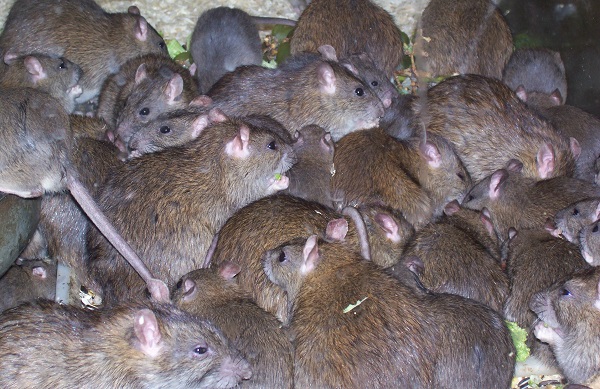Shisha Is 200 Times More Harmful Than Cigarettes, GHS Warns; Ghana To Ban Use By The End Of The Year
Shisha is a single or multi-stemmed instrument used for vaporizing and smoking flavored tobacco and sometimes cannabis. The vapor or smoke is passed through an often glass-based water basin before inhalation. The use of shisha has become a trend among Ghanaian youth, to the worry of the Ghana Health Service (GHS).
Speaking at the World Conference on Tobacco held in Cape Town, South Africa, Principal Research Officer at GHS, Mr. Divine Darlington Logoh noted that it was important to ban the smoking of shisha as the trend was becoming alarming. “The FDA does not have the regulation right now to control the smoking of shisha and electronic cigarette”, he said.
The GHS says it is collaborating with the Ministry of Health to place an outright ban on the two substances. It will also partner the Food and Drugs Board to make stiff laws that will fast-track the process of the ban. According to the GHS, shisha, which is mixed with flavorings such as mint, is more harmful than cigarettes. “However, we’re working with the Ministry of Health to ban shisha and electronic cigarette. Shisha use is more harmful than cigarette, if you puff one from that tube it’s equal to one full cigarette that is smoked.”
“It is more dangerous than cigarette, so with that alone as well as public health is concerned we’re using that to ban it outright in Ghana. By the middle of this year, that surely has to be done.” According to Mr. Logoh, a new research conducted by his outfit identified a switch from smoking traditional cigarette to electronic cigarette and Shisha.
Just like smoking herbal or natural cigarettes, herbal Shisha exposes the smoker to tar and carcinogens as it contains nicotine. Health risks of smoking shisha include exposure to toxic chemicals that are not filtered out by the water and risk of infectious diseases when shared.




